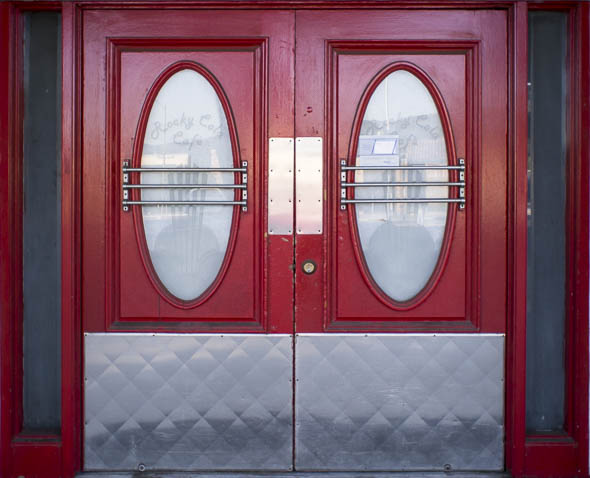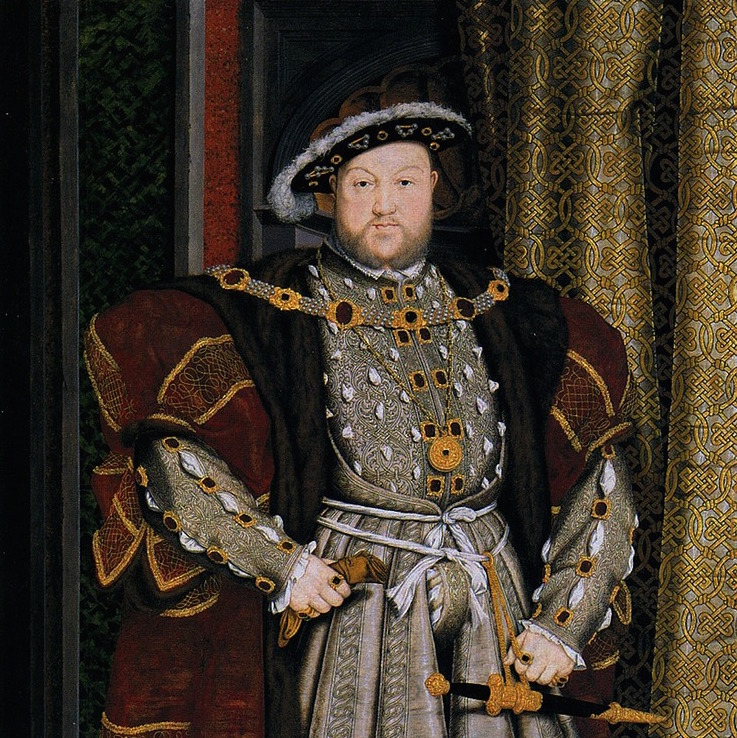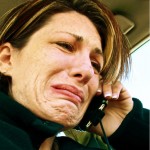 My posts about suffering have revolved around the notion of “free will”, and that has led to a number of questions, such as, “If suffering is possible on Earth because of free will, and if we still have free will in Heaven, then shouldn’t there be suffering in Heaven as well?” And so the time has come to define the term “free will” more rigorously.
My posts about suffering have revolved around the notion of “free will”, and that has led to a number of questions, such as, “If suffering is possible on Earth because of free will, and if we still have free will in Heaven, then shouldn’t there be suffering in Heaven as well?” And so the time has come to define the term “free will” more rigorously.
I hasten to add, this is an area where I am very much a student, not a master. I’m sure you’ve got a few grains of salt handy.
In what follows, I’m indebted to Fr. (Actually, Bishop-elect) Robert Barron’s new book, Exporing Catholic Theology. In chapter 5, following Fr. Servais Pinckaers, OP, he distinguishes “freedom of indifference” from “freedom for excellence”. The former is the more common notion, these days, and dates back to William of Occam, who “held that freedom is best understood as a kind of indifference of the subject in the presence of competing values. Someone is free in the measure that she hovers above the yes and the no and makes a choice on the basis of no compulsion either interior or exterior.”
There is an important truth here; we are often in exactly the position Occam describes. Eggs or oatmeal for breakfast this morning…does it matter? Both will do. I can have either. Today, I’ll have eggs. But a problem arises with Occam’s formulation when we are faced with choices that aren’t all on the same level. Offered a free choice between good health and a nasty case of food poisoning, I’d pick health every time. I know that good health is a desirable thing; I know from experience that food poisoning is awful; I’d never pick the food poisoning. And in fact, no one would—unless there were other circumstances, such as mental illness, or some corresponding good that would follow from the food poisoning. If this sort of thing counts as interior compulsion, then Occam was simply wrong.
As both Thomas Aquinas and Aristotle knew, given a choice of things we pick the ones we see as better—or, to put it another way, we always will the best for ourselves, not the worst or the less than best.
Our choices often fail to yield the best, mind you, and for several reasons. We might lack the ability to bring about our choices. Our understanding of the relative values of things might be faulty. Or, in Catholic theology, we might be subject to concupiscence: our appetites might lead us astray even though our intellects know better.
Christianity claims to offer true freedom, in the sense of freedom from bondage. Barron and Pinckaers call this “freedom for excellence”:
This Occamist theory represented, however, a major departure from a classical and biblical understanding of liberty. On this earlier reading, liberty is not so much self-expressive choice as the disciplining of desire so as to make the achievement of the good first possible and finally effortless. In this sense, I am a free speaker of English, for I can say, in that language, whatever I want to say; and Michael Jordan was a free basketball player, for he could do whatever he wanted in response to the shifting demands of the game. This more classical interpretation Pinckaers calls “freedom for excellence.”
(My italics.) Here on Earth, we can have this kind of free will, this freedom for excellence, only in specific domains thanks to concupiscence. Our time on Earth is the time in which we are to learn this discipline, which is called virtue, by the grace of God, which is to say with the help of God. In Heaven (should we end up there) we will be freed from concupiscence, and having been prepared will be truly free to achieve the good effortlessly.
Two things can keep us from choosing excellence: lack of understanding and a corrupted will. In Heaven the latter is resolved; and Goodness itself, Our Lord, will be always before us, not seen through a glass darkly. We will know the Good, and we will act on it without let or hinder.
And that’s why human free will won’t lead to suffering in Heaven.
____
photo credit: William H. Duquette












